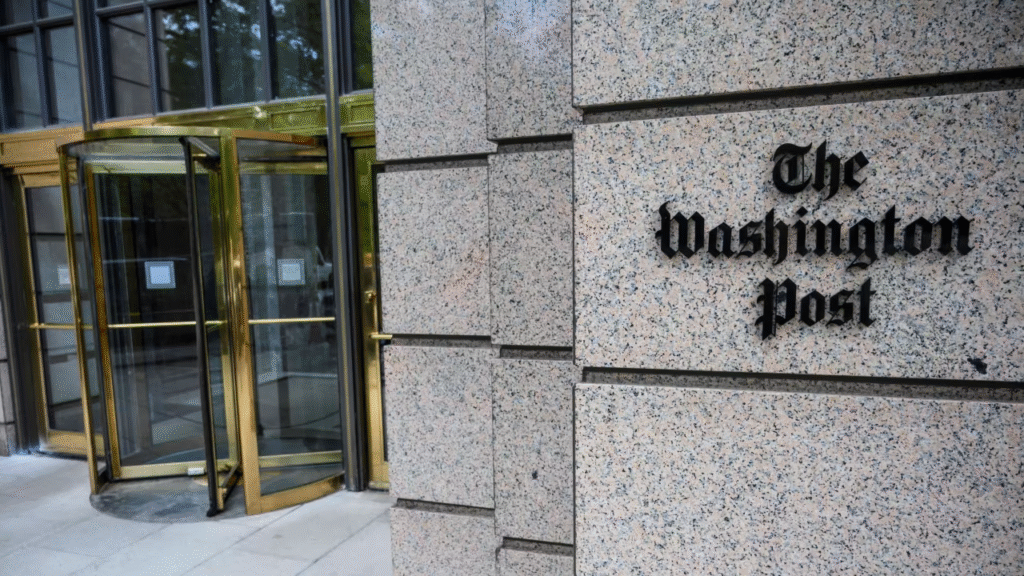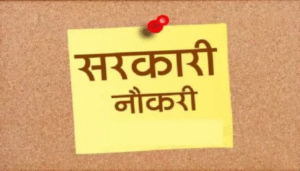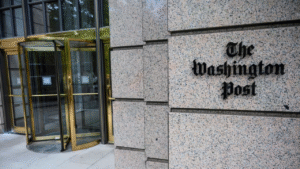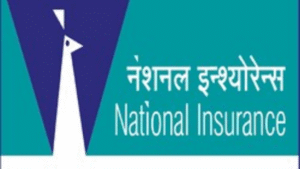Washington Post Hacking Probe: Foreign Governments Target Journalists
The recent revelation that the US Washington Post is investigating hacking attempts on its journalists’ email accounts, with initial reports pointing towards a foreign government, serves as a stark reminder of the escalating digital battlefield that journalism now inhabits. This isn’t merely a breach of privacy; it’s a direct assault on the fundamental pillars of a free press and the democratic societies they serve. The incident underscores the sophisticated and insidious tactics employed by state actors to control narratives, suppress dissent, and ultimately undermine the public’s right to unbiased information.

Targeting the Truth: Objectives of Cyberattacks on Journalists
The very act of targeting journalists’ email accounts highlights a deep understanding by these foreign governments of the crucial role the press plays. Journalists are not merely reporters of facts; they are conduits for truth, investigators of power, and often the last line of defense against misinformation and authoritarian overreach. By attempting to access their communications, sources, and unpublished work, foreign entities seek to achieve multiple objectives. First, they aim to identify and compromise confidential sources, thereby stifling the flow of critical information that might expose their illicit activities or human rights abuses. This creates a chilling effect, deterring whistleblowers and making it increasingly difficult for journalists to report on sensitive topics.
Eroding Trust: Disinformation and Manipulation
Second, such hacking attempts are often a precursor to disinformation campaigns or manipulation. Access to a journalist’s unverified leads, internal discussions, or personal biases could be exploited to craft highly convincing, yet false, narratives designed to sow discord, influence public opinion, or discredit legitimate reporting. In an era saturated with information, the ability to control the source of that information, or to inject fabricated content into trusted channels, is an incredibly potent weapon. The goal is not just to misinform, but to erode public trust in the media itself, leaving citizens vulnerable to state-sponsored propaganda.
A Challenge to Sovereignty and Democracy
Furthermore, these cyberattacks represent a direct challenge to national sovereignty and democratic norms. When a foreign government targets the press of another nation, it’s an act of aggression, a deliberate interference in internal affairs. It signals a disregard for the principles of free speech and open societies. The implications extend beyond the immediate incident, raising critical questions about cybersecurity infrastructure, intelligence sharing, and the collective responsibility of democratic nations to protect their information ecosystems from state-sponsored threats.
Responding to the Threat
The Washington Post’s investigation, and similar incidents that have come to light, necessitates a robust response. This includes not only strengthening digital defenses for journalistic organizations but also a concerted effort by governments to publicly condemn and attribute these attacks. Diplomatic pressure, sanctions, and enhanced international cooperation are essential to deter future incursions. Equally important is educating the public about the evolving nature of information warfare, enabling citizens to critically evaluate the news they consume and recognize attempts at manipulation.
In conclusion, the hacking attempts on The Washington Post’s journalists’ emails are more than just a technological vulnerability; they are a symptom of a larger geopolitical struggle playing out in the digital realm. The battle for information is a battle for minds, and when foreign governments target the press, they are striking at the very heart of transparency, accountability, and the informed citizenry that underpins healthy democracies. Protecting journalists and their work in this new digital landscape is not just a concern for media organizations; it is a shared imperative for all who believe in the power of truth.




















